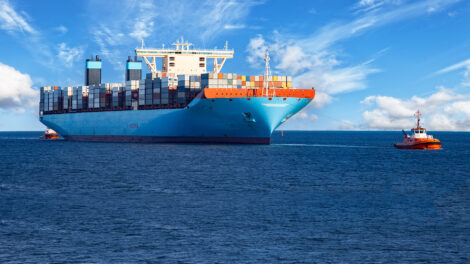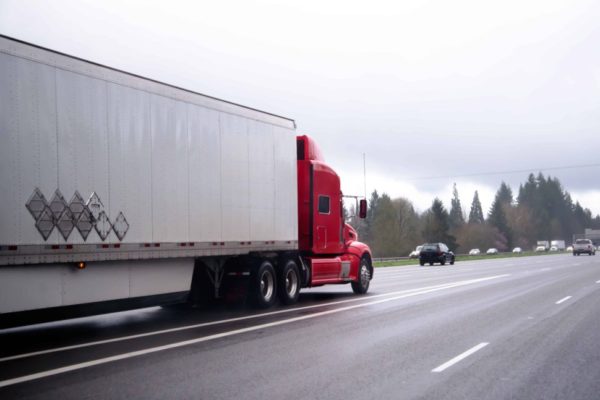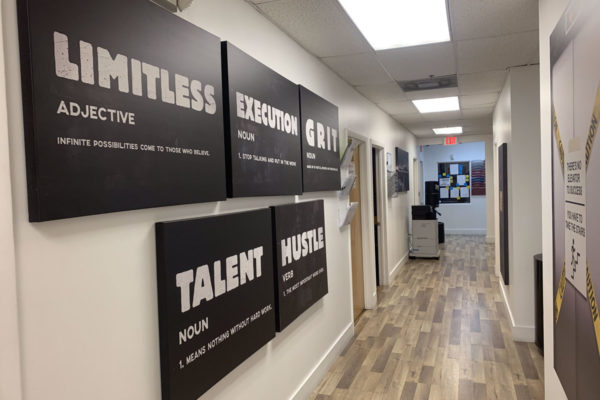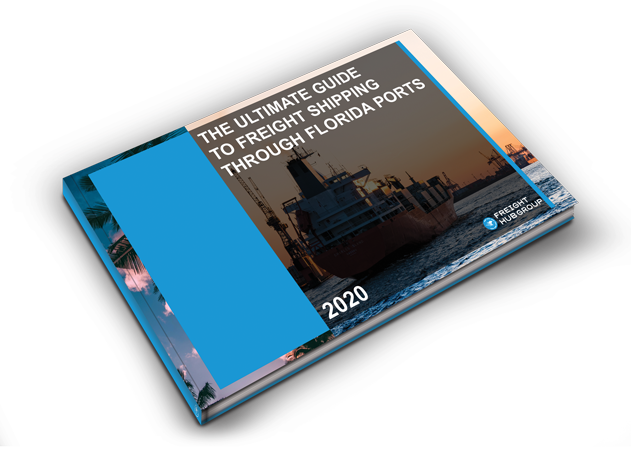
Freight Insurance: Protect your business with cargo insurance.
Freight insurance is a type of insurance that covers the cost of transporting goods. It can protect businesses from losses caused by accidents, theft, or other risks during transportation. Cargo insurance typically includes coverage for both physical damage to the cargo and loss of revenue due to delayed delivery. Coverage can also be extended to cover expenses associated with claims management and litigation.
There are several types of freight insurance:
- Cargo liability coverage protects companies from financial damage caused by cargo that is lost or damaged while in transit.
- Trucking insurance provides protection for trucks and their drivers in case they are involved in an accident.
- Freight forwarding insurance helps cover costs associated with shipping goods between two points. This includes things like customs clearance and delivery to the customer’s premises.
The most important factor when choosing transportation based 3pl freight insurance is to understanding your specific needs and what types of risks you are willing to accept. Some common policies include liability, property, cargo-on-board (C/O), collision, inland marine (IML), and product liability.
A good way to start evaluating your needs is by talking with an experienced agent about your business’s current transportation arrangements and how they could be improved through the use of freight insurance.
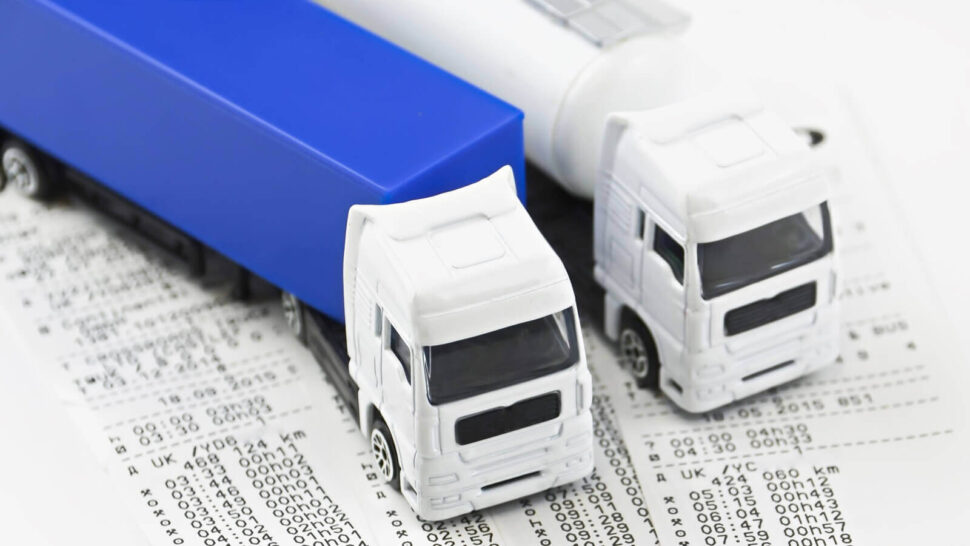
Benefits of Cargo Insurance:
Cargo insurance is a great way to protect your business from unexpected losses. If you own a trucking company, for example, cargo insurance can help you manage your inventory. If a customer’s shipment is delayed, damaged or destroyed in transit, it can cause significant financial and time loss.
Your policy will cover the cost of replacing lost or damaged goods without having to file a claim with the carrier. The coverage will also cover any liability if someone is injured while loading or unloading your truck and other damages that result from the loss of cargo.
Benefits of Cargo Insurance:
- Protects You From Losses Caused By Damage And Theft
- Provides Coverage For Damaged Goods That Are Replaced Due To Weather Or Road Conditions
- Offers Liability Coverage For Personal Injury And Property Damage Caused By The Loss Of Goods In Transit
- Provides Coverage For Deductible And Other Fees If You Have A Loss
Types of Cargo Insurance Policies:
There are three main types of cargo insurance policies. These are open cover cargo policies, specific cargo policies and contingency insurance policy.
- Open Cover Cargo Policy: This type of policy covers all risks associated with the shipment. It includes damage to the goods, loss or damage due to delay in shipping, storage charges and claims from third parties.
- Specific Cargo Policy: This type of policy covers only a particular type of goods such as office equipment or computer parts.
- Contingency Insurance Policy: This type of policy provides coverage for claims that arise during the period between when an order is placed and when it ships from Inventory Management. For example, if your company’s shipments are delayed by weather conditions, you might want to purchase a contingency insurance policy to cover these losses.
What is Logistic Insurance?
Logistics insurance is a type of insurance that helps protect your business from the potential financial consequences of disruptions or accidents in the supply chain.
Logistics insurance can help cover costs associated with delays in shipping, lost goods, and cargo theft. It can also provide coverage for damage to equipment or property while shipments are in transit, as well as legal expenses related to contract disputes or litigation.
The most common types of logistics insurance include transportation liability, warehousing and storage, loss prevention, and customs clearance. Each has its own specific benefits and limitations.
Transportation liability covers losses caused by accidents involving your company’s vehicles or those belonging to its suppliers; warehousing and storage protects against damages incurred during the storage of inventory; loss prevention provides coverage for measures taken to prevent theft or damage; and customs clearance helps ensure that products entering into international markets are not subject to tariffs or other restrictions..
Common Misconception:
A common misconception about logistic insurance is that it only covers goods while they’re in transit. In fact, logistic coverage extends beyond when goods are in transit to when they arrive at their final destination. If your shipment gets delayed en route due to weather conditions or mechanical problems, for example, logistic coverage will cover those delays as well.

Contingency cargo insurance: What it Covers?
Contingency cargo insurance is a type of insurance that covers the cost of transporting your goods if you are unable to do so because of an unforeseen event. This can include things like natural disasters, political unrest, or transportation disruptions caused by accidents or weather conditions.
For example, imagine that your shipment leaves New York on Monday morning and is due in California by Wednesday. If something goes wrong with the cargo and it arrives on Thursday instead of Wednesday, then you would need to file a claim with your own carrier’s insurance company.
However, if your shipment was lost entirely or was damaged beyond repair, then you would be covered by your own insurer’s agreement with the shipper.
The most common types of contingency cargo insurance are transport delay and loss damage coverage. Transport delay coverage provides protection in case your shipment is delayed due to any cause other than acts of God (like a hurricane). Loss damage coverage helps cover the costs associated with lost or damaged shipments, including expenses for replacing inventory and wages lost while your goods are out of commission.
Contingency cargo insurance can be a valuable addition to your business’s safety net. By protecting yourself from potential financial losses, you can avoid complications down the road that could disrupt your operations and negatively impact your bottom line..


